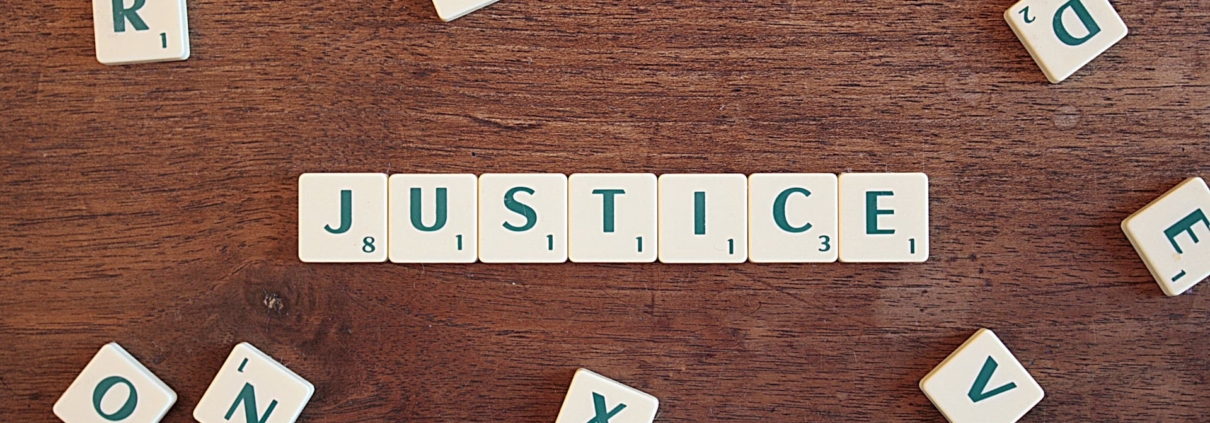Frequently Asked Questions – Social Justice Series
In this series, Shaykh Walead Mosaad speaks about defining social justice in the Islamic paradigm. In this segment, he answers some frequently asked questions about the topic.
Q: Should we partner with groups with whom we have some differences of opinion?
A: The Qur’an tells us to co-operate in good and God-fearingness. Is it not wrong to ally with someone on a just cause, however you should take care. Many times, these issues are political in nature, with a sense of “we do something for you, you do something for us.” If you do go into an alliance with such a group, you should go in with eyes open and be clear on which points you agree and don’t.
Q: How should we act as a Muslim minority?
A: For most of Islamic history, Muslims have been the minority, in places like Egypt, the Arabian Peninsula, Iraq, and more. Places that do have a Muslim majority, such as Somalia, Indonesia, Kenya and Mozambique, became such without a single Muslim army entering them. Being a minority group is nothing new in Islamic history.
Q: How should we navigate unjust laws?
A: We need to make a distinction between the laws that we can accept, and the laws that we absolutely cannot accept. For example, if a government makes a low forbidding people from praying five times a day, then we need to do something about it. However, if the law relates to things that are not required by Islam, we should follow it, but can oppose it or work towards it.
Q: How should we view the idea of civil disobedience?
A: On one hand, if we agree to live in a society, we should abide by the law. However, there may be situations that arise when we might need to take action, such as when Rosa Parks protested racial segregation. Civil disobedience does not always mean breaking the law, but we should be careful not to harm the people we seek to convince. For example, having a protest that shuts down an airport, will do the most harm to people who need to fly for medical reasons, or to meet important deadlines. We have to consider what we will be doing, and whether it will actually help the outcome.
Q: What should we do if we are called to jury duty?
A: There is nothing impermissible about being a member of the jury, and it is generally a civic duty. However, you could do what many scholars did, which was to avoid being judges. Once, Imam Abu Hanifa and two other scholars were called to be interviewed for the position of Qadi, or judge. The first pretended to be insane, and Abu Hanifa declared that he was unfit for the post, which caused the ruler to dismiss them both. The third was confused as to what to say, and became the Qadi by default.
Q: What advice would you give to parents of children who feel marginalised?
A: We cannot shield our children from the world, and we should teach them that these things are going to happen. We need to give them a good sense of identity. From a young age, we should instil in them a sense of self-worth, and that the dunya will necessarily include tribulations.
Q: Why is speaking about social justice important, while most Muslims lack even basic tawheed (creed)?
A: Questioning peoples tawheed is questioning their Islam, so that is not a fair assessment to make. If a person believes in Allah and His Messenger, part of their tawheed would necessarily be upholding social justice, as well as the rest of the Prophetic teachings.
About the Series
Social justice has been the focus in recent times of Muslim activists and communities. More often than not, the methods and objectives employed in Muslim social justice work has drawn from practices of other communities and traditions not necessarily rooted in Islamic principles. Does the Islamic tradition contain relevant principles that can be drawn upon to inform social justice work?
